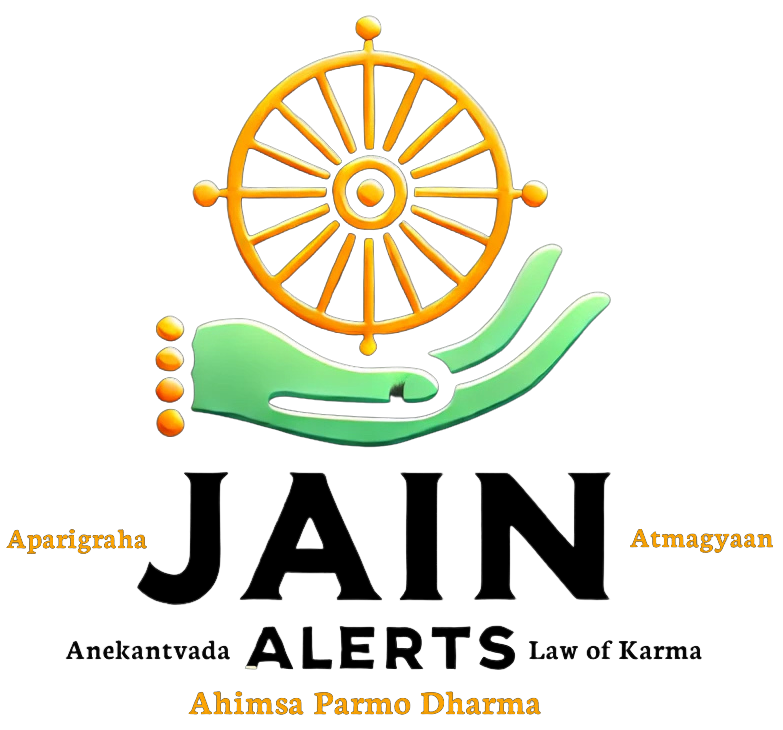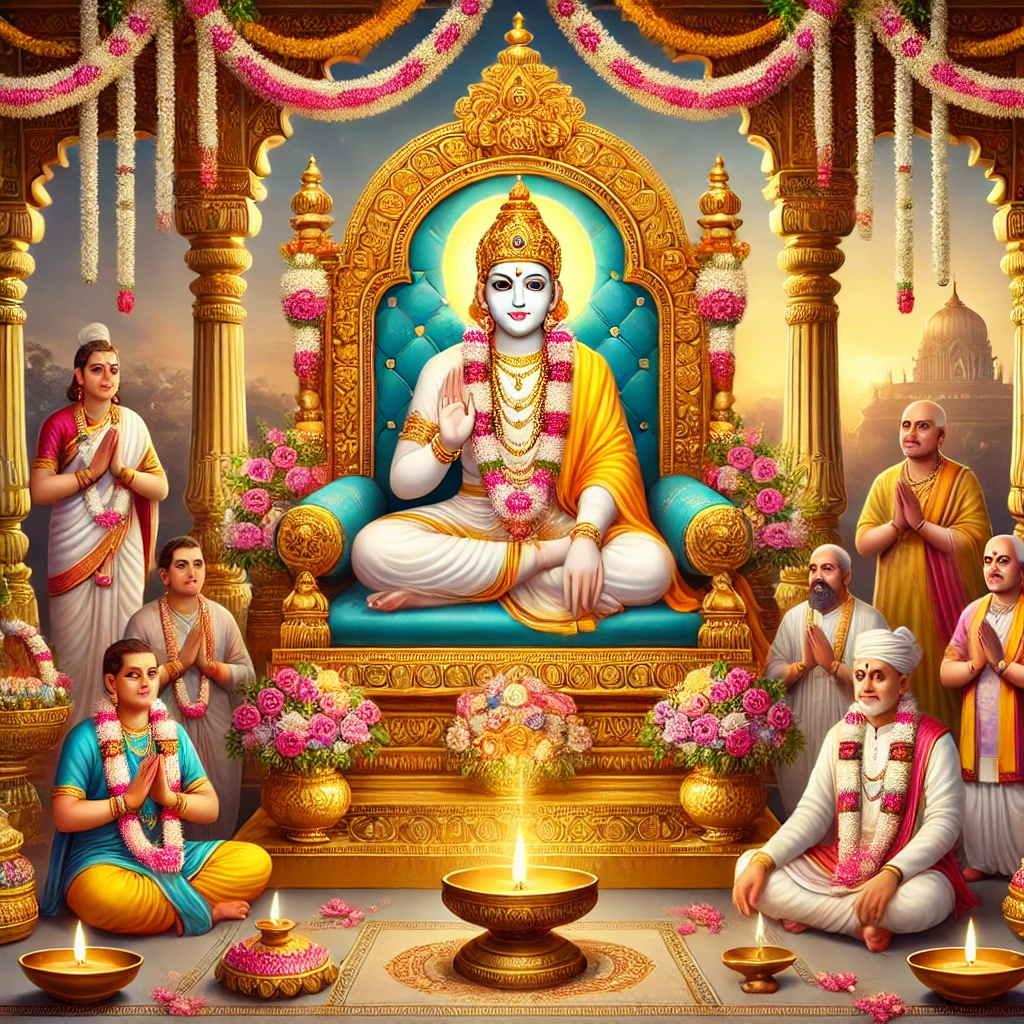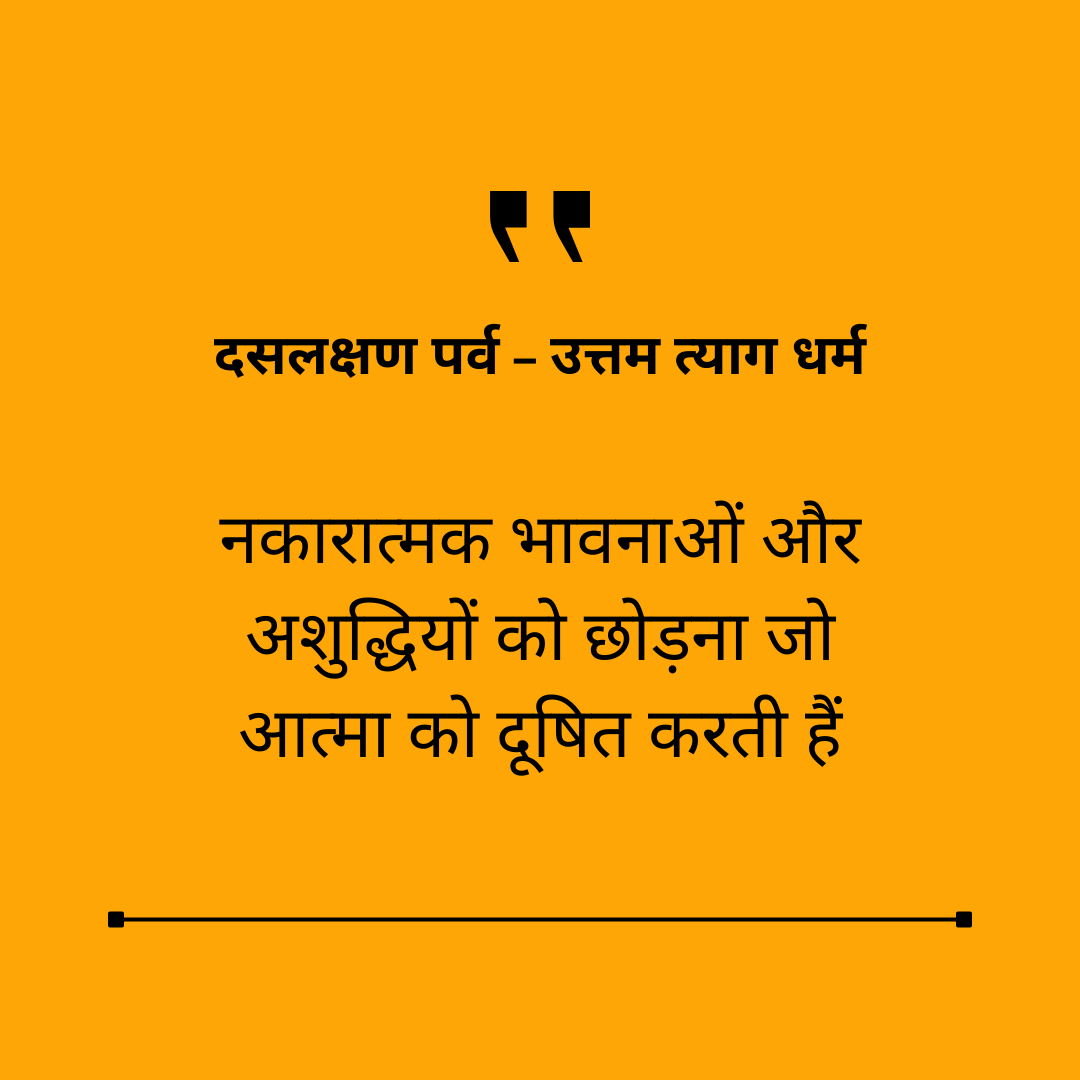Table of Contents
Pausha Dashmi: A Sacred Jain Festival
Pausha Dashmi is a significant festival in Jainism, marking the birth of Lord Parshvanath, the 23rd Tirthankara. It usually falls in December or January, during the dark fortnight of the Hindu month of Pausha. This jain festival is not just about celebrating his birth but also about reconnecting with his teachings of non-violence, truth, and austerity.
Who Was Lord Parshvanath?
- Historical Significance: Lord Parshvanath was born about 2,900 years ago in Varanasi, Uttar Pradesh. He belonged to the Ikshvaku dynasty and was the son of King Ashwasena and Queen Vamadevi.
- Spiritual Leader: Known for his deep compassion, he introduced the Four-Fold Restraint (Chaturyam Dharma), which included:
- Non-violence (Ahimsa)
- Truthfulness (Satya)
- Non-stealing (Asteya)
- Non-possessiveness (Aparigraha)
- Relevance in Jainism: Parshvanath’s teachings are a cornerstone of Jain philosophy, inspiring millions to lead a life of self-discipline and kindness.
The Celebration of Pausha Dashmi
Religious Activities
- Prayers and Chanting:
- Devotees gather at temples to offer prayers.
- Recitation of Bhaktamar Stotra and Parshvanath Vandana is common.
- Panch Kalyanak Pooja:
- This ritual celebrates the five significant events of Parshvanath’s life: conception, birth, renunciation, enlightenment, and liberation.
Fasting (Vrata) Traditions
The Attham Fast is a unique and revered part of Pausha Dashmi. It spans three days and involves:
- Day 1: Consuming only warm water or jaggery water.
- Day 2: Eating light food such as kheer or fruits.
- Day 3: Breaking the fast with a simple meal, avoiding root vegetables.
Cultural Practices
- Decorating Temples: Temples are adorned with flowers, lamps, and Rangoli designs.
- Community Gatherings: Jain families come together to listen to sermons and discuss the life of Parshvanath.
- Charity: Many devotees engage in acts of Daan (charity), including distributing food and clothing to the needy.
Significance of Pausha Dashmi
- Spiritual Awakening:
- Observing this day reminds devotees of the importance of Lord Parshvanath’s teachings.
- Participating in rituals helps to cleanse the soul and foster inner peace.
- Moral Values:
- It emphasizes living a life of simplicity, truth, and non-violence.
- Community Bonding:
- The festival strengthens ties among the Jain community through collective worship and celebration.
Unique Traditions in Different Regions
- Varanasi: Special processions and poojas are conducted in memory of Parshvanath’s birthplace.
- Rajasthan and Gujarat: Fasting is observed with utmost devotion, and temples host large congregations.
- Mumbai and Kolkata: Urban Jain communities celebrate with lectures, cultural programs, and meditation sessions.
How to Observe Pausha Dashmi at Home
- Clean and Decorate:
- Start the day by cleaning your home and setting up a small altar with an image or idol of Lord Parshvanath.
- Offerings:
- Offer fresh flowers, fruits, and incense during prayer.
- Meditation and Fasting:
- Spend time meditating on the virtues of non-violence and truthfulness.
- Follow the Attham fast if possible or keep a simple vegetarian diet.
Conclusion
Pausha Dashmi is more than a festival; it’s a day to immerse yourself in spirituality and gratitude. By remembering Lord Parshvanath’s life and practicing his teachings, you can lead a more meaningful and peaceful life. Whether by fasting, praying, or giving back to society, every act of devotion adds to the joy and sanctity of this auspicious day.






